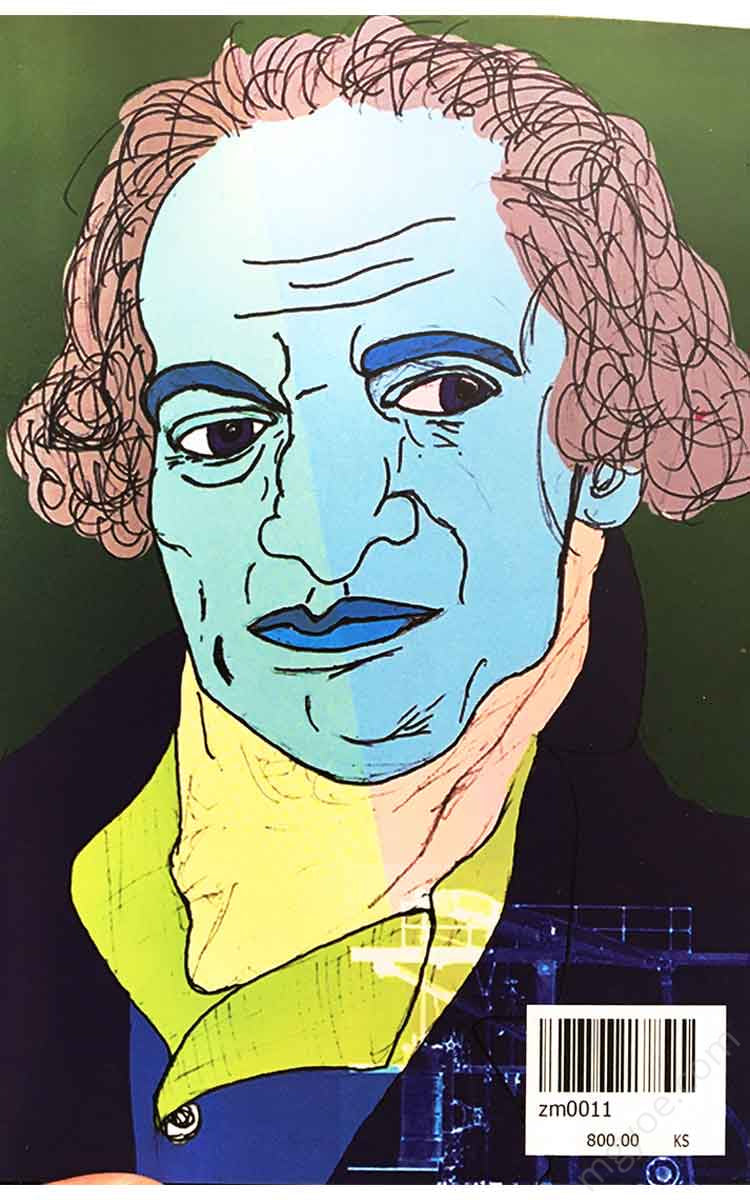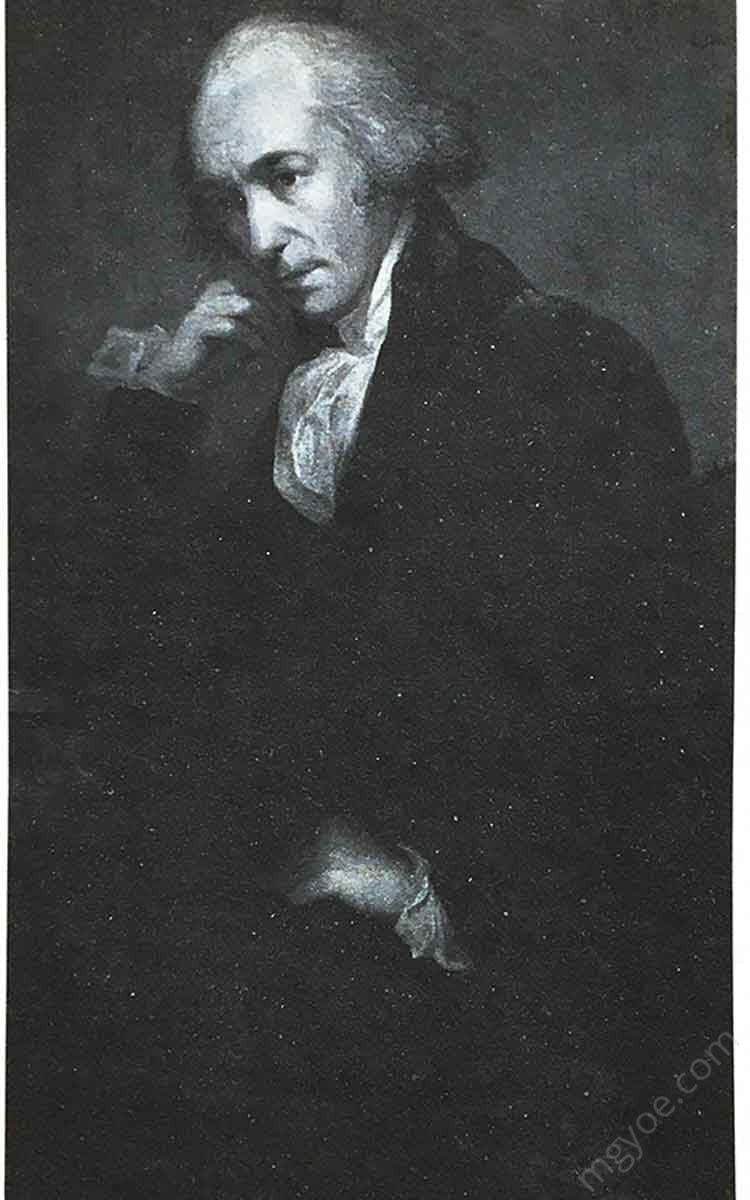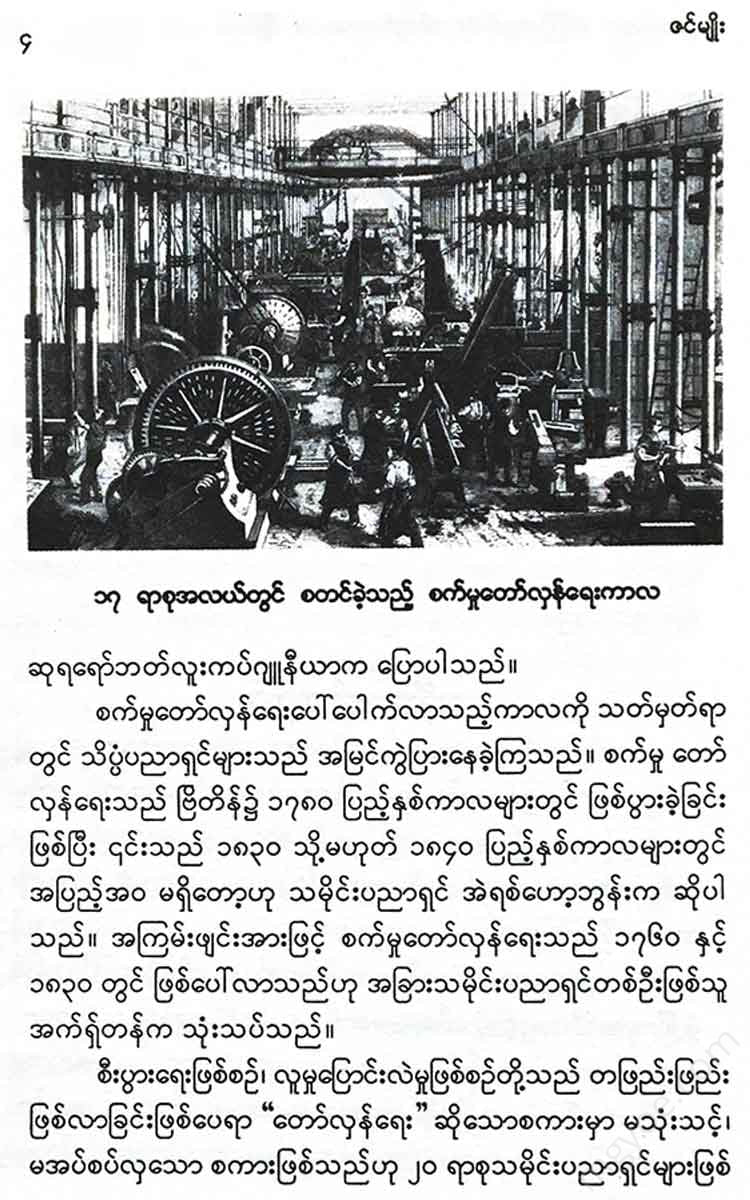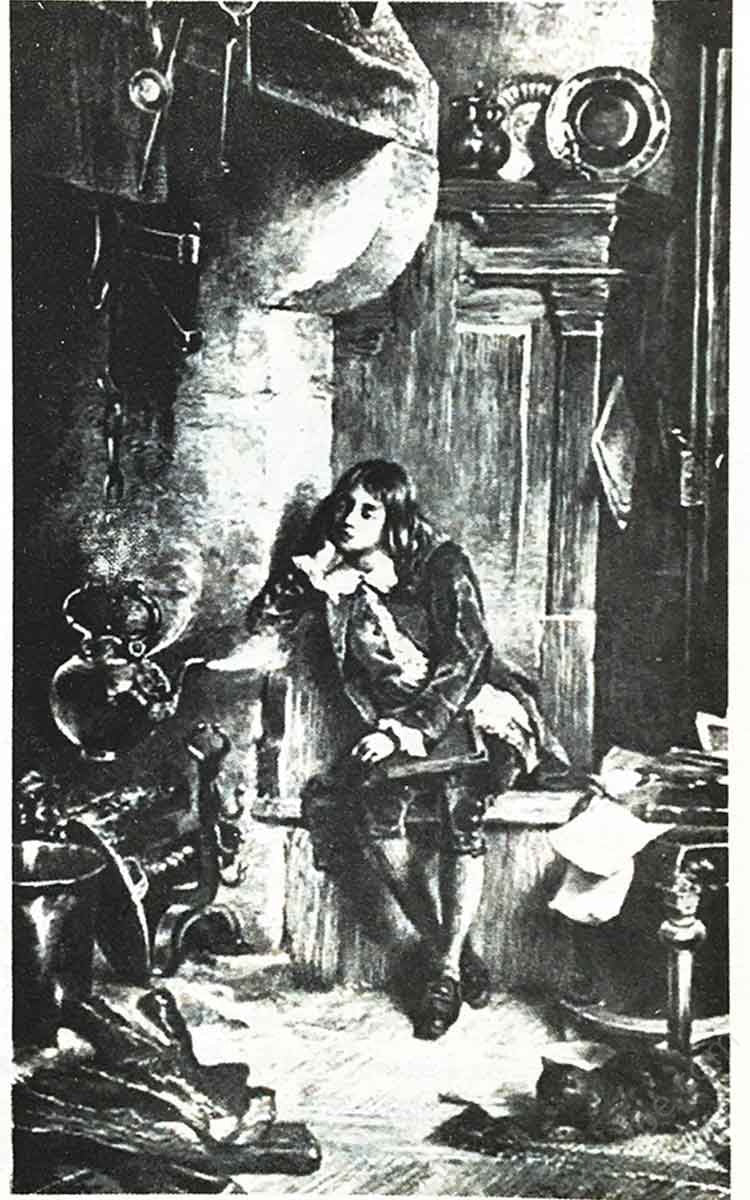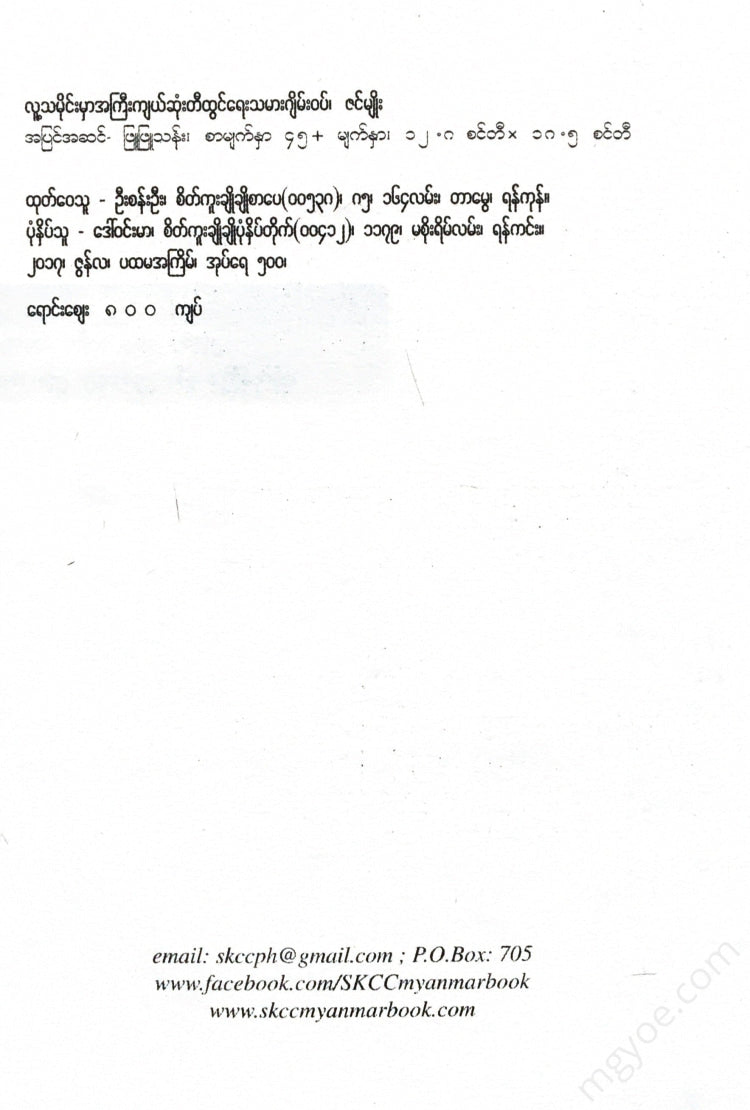စိတ်ကူးချိုချိုစာပေ
Zin Myo - James Watt, the greatest inventor in human history
Zin Myo - James Watt, the greatest inventor in human history
Couldn't load pickup availability
One inventor who emerged against the backdrop of the Industrial Revolution was James Watt. James Watt was a Scottish inventor. He was also a mechanical engineer. He improved the Newcomen steam engine, and his inventions led to changes not only in his native Great Britain but also in the rest of the world, which led to the Industrial Revolution.
James Watt became interested in steam engine technology while working as a toolmaker at the University of Glasgow. He felt that contemporary engine designs, which involved reheating and cooling the cylinder repeatedly, were wasting too much energy. So he developed an improved steam engine design. His steam engine was less energy-consuming. It was more efficient and cost-effective. It had a separate condenser. In addition, James Watt's steam engine could not only pump water, but also drive machinery. Thus, James Watt's steam engine became versatile.
James Watt was born in Scotland. His birthplace was Greenock, in the county of Cornwall. Greenock was a port town on the Clyde River. It was a small town with docks. Born in a place where the shipping industry flourished, James Watt was born with an inventive instinct.
James Watt was born on 19 January 1736. His father was a shipbuilder, shipowner, and contractor. His father also worked as a civil servant in the Scottish local government. James Watt's father, David Watt, was concerned about his son's health. James Watt was weak from an early age, suffering from frequent toothaches and headaches.
His mother was of Scottish noble descent and came from an educated family. James Watt's mother, Agnes Marhart, taught her son to read at home. James Watt's grandfather, Thomas Watt, opened a private school and was a mathematics teacher. His grandfather taught James Watt mathematics. His father, who built ships and houses, taught James Watt to be a carpenter. James Watt, who had poor health as a child, had to learn to read and write at home from his grandfather, father, and mother. Although he could not attend school regularly, James Watt was interested in school through the close guidance of his mother and father. James Watt, who was interested in geometry, disliked Latin and Greek.
James, who had little time for schooling, spent much of his time in his father's shop. In his father's shop, he had the opportunity to learn firsthand the skills of craftsmanship, such as casting, toolmaking, and patternmaking. James Watt carefully studied and learned from his father's experiences in the workplace.
18-year-old James Watt
James Watt suffered a tragic loss in his early life. When he was 18, his mother died. His father, David Watt, also fell into ill health. In this situation, James Watt, who had only been interested in mathematics, decided to make a living as a maker of scientific instruments. He left his hometown of Greenock. He moved to Glasgow, which was then a city of commerce and industry. In 1775, he arrived in London. He studied in London for a year. He studied art and crafts in London. He learned these skills to develop nautical and scientific instruments.
Living in London was not good for his health, so James Watt decided to return to Scotland. After living in London for about a year, he returned to Glasgow. In Glasgow, he considered working as a maker of scientific instruments. In Glasgow, James Watt was introduced by a relative and became acquainted with Robert Dick. Robert Dick was a scientist at the University of Glasgow. Robert Dick was impressed by James Watt's skill in making instruments, but he felt that James Watt needed special training. So he sent James Watt to London to take courses. James Watt had to stay in London for two weeks to get a scholarship. After studying in London for a year, he met Robert Dick in Glasgow, who sent him to London.
When James Watt returned to Glasgow, Roberts found him some work. So James Watt opened a shop. Other craftsmen

